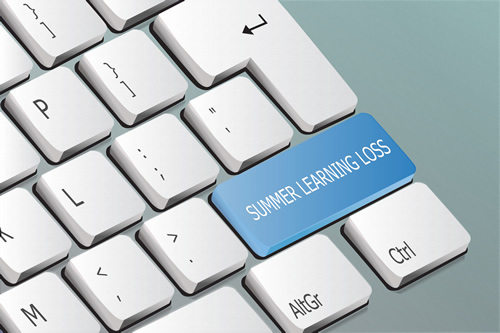Every summer, the news is filled with stories about summer learning loss. The warnings sound dire: two months of math learning lost for most students every summer, and two to three months of reading learning lost for low-income students, according to the National Summer Learning Association. By the ninth grade, “summer learning loss during elementary school accounts for two-thirds of the achievement gap in reading between low-income children and their middle-income peers,” the association says.
There can be no doubt about it: as American children lounge poolside, watch too much television, and play too many video games, most are forgetting what they learned in school last year, and low-income students are falling even further behind.
Related content: 9 resources to prevent learning loss
It sounds plausible. But how reliable are these claims? How many of these findings can be replicated? Is summer learning loss really a thing?
I used to be a big believer in summer learning loss. After all, children’s home lives can be pretty different. Some children live in big houses with one sibling and two college-educated parents. Others children live in small run-down apartments with several siblings competing for time with a single parent who may not have finished high school.
We know that these differences make a mark in early childhood; we know that poor children are already behind academically by the time they start kindergarten. Why wouldn’t family disadvantages have the same negative effects when children return home for summer vacation?
But my belief has been shaken. I’m no longer sure that the average child loses months of skills each year, and I doubt that summer learning loss contributes much to the achievement gap in ninth grade.
To read the rest of this article, please visit Education Next’s original post.
- 4 ways to encourage play in education - April 25, 2024
- CoSN IT Leader Spotlight: Lisa Higgins - April 25, 2024
- It’s time to pay student teachers - April 25, 2024

